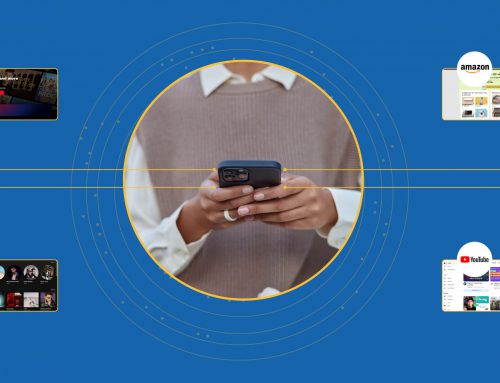Table of Contents
During the recent few years, the world has experienced an expanding development in the face of digitalization, which is reflected in our daily lives. As of now most of the needs of our daily routine lifestyle such as news updates, communication, shopping, entertainment, even employment, are quenched with the help of a digital solution which can be a software application or a website. Now, if the digitalization is covering this large part of our lives, so it’s very important to be assured of the quality of the software or applications being used and this assurance can be achieved through testing. Testing is a very important part of the software development lifecycle and with the advancement in technology, the testing tools are also evolving simultaneously.
Hence with the contribution of our Ace testing experts, we have listed down the top testing trends which will rule the market in 2020.
Top Testing trend predictions for QA teams to lead the market in 2020
-
Agile and DevOps:
Gone are the days when the testing used to be an afterthought task in the SDLC process just like we used to do in Waterfall approach, in which the developers and testers had to face a lot of problems due to the change in needs of the customer over time, as the testing and customer interaction was done at the end of the process. So, any new change at that time affected the entire product which thereby resulted in a wastage of time as well as money. Then the Agile approach came as a rescue to this problem, as this approach works on the iterative and incremental models. This approach promises speed and higher client satisfaction because of the involvement of the client’s feedback after every iteration. DevOps, which works on the integration of development and IT operations, along with Agile works even better as with this approach, collaboration and communication within the teams are highly improved which results in Quality with speed. According to Forbes – “As of 2018, only 9% of respondents in a Statista survey had not adopted or had no plans to adopt DevOps.” The practice of the combination of DevOps and Agile has increased a lot of enthusiasm in the course of recent years and will keep on growing in the future as well.
-
Artificial Intelligence and Machine Learning:
Today, Artificial Intelligence and Machine Learning are grabbing a lot of attention and are also expected to be widespread in the coming future. Robotic Process Automation (RPA) is a big example to mark its presence in the IT industry and so its providing assistance for software testing as well. For software testing, AI/ML basically works by predicting the test cases, test suits, defect prioritization, test scheduling and lot more and also it is used to match pace with changes made by the client. It uses fuzzy logic for matching the nearest neighbor to the change being made, then modifies the test case accordingly. The analytics reports generated by the AI/ML help the team for a better understanding of test coverage, risk areas, etc.
-
Test Automation:
The next trend in the list is Test Automation which means using various automation tools to simplify the testers’ work. This process does not replace manual testing rather it just prevents the testers from doing the repetitive and time-consuming testing tasks as well as automates the test cases which keeps the check on high-risk areas and the test cases that are needed to be done regularly. Some of the test automation tools are Selenium, Ranorex, WATIR, etc. Test automation works as a vital component for the Agile and DevOps, hence the rate at which these practices are being adopted clearly indicates the hike in the demand of the test automation as well.
-
Big Data and IoT Testing:
Today it’s the era of information technology, a huge amount of data is generated everyday which can be of structured or unstructured format, also termed as Big Data. This quantity of data will increase even more because of the exponential growth in the use of smart devices in the world, which might reach up to approximately 175ZB as per a recent Cisco report. Since Big data plays a very pivotal role in the industry and backtracking the previous years as well as tracing its current popularity in the market, its remarkable future cannot be denied, hence management of Big Data and its testing is very crucial for an enterprise for better decision making, consistency, and accuracy of data. Now coming to IoT testing, which requires a specific skill set in a tester as it counts into the testing of not only the software but also the hardware which are connected in the entire IoT setup. Many companies are already working on this technology and very soon it will mark its place in the market.
-
API Test Automation:
Last but not the least, automation of the Application Programming Interface test. Basically an API is used to establish the interaction between two unique applications through a mode for communication and this is the most important part of the application that needs to be tested due to high-security risks associated with it. So, if you want to automate API testing, you can automate those test cases which you need to execute before each release rather than executing each of them manually. Many API test Automation tools are already used by testers such as Jmeter, SOAPUI, postman, etc.
Conclusion
Here we have discussed the Top Testing trends for QA teams which they can watch out for this year. Ace has leveraged and implemented various testing tactics over the years and based on our experience we have observed that Agile and DevOps, AI/ML for testing, Test Automation, API test automation, Big Data, and IoT testing will be the most trending testing techniques among the various other options available in the market, in the year 2020. If you are a tester or a general user, this article might have guided you the way by which you can brush up your skills and stand up to the market demand.

























Leave A Comment